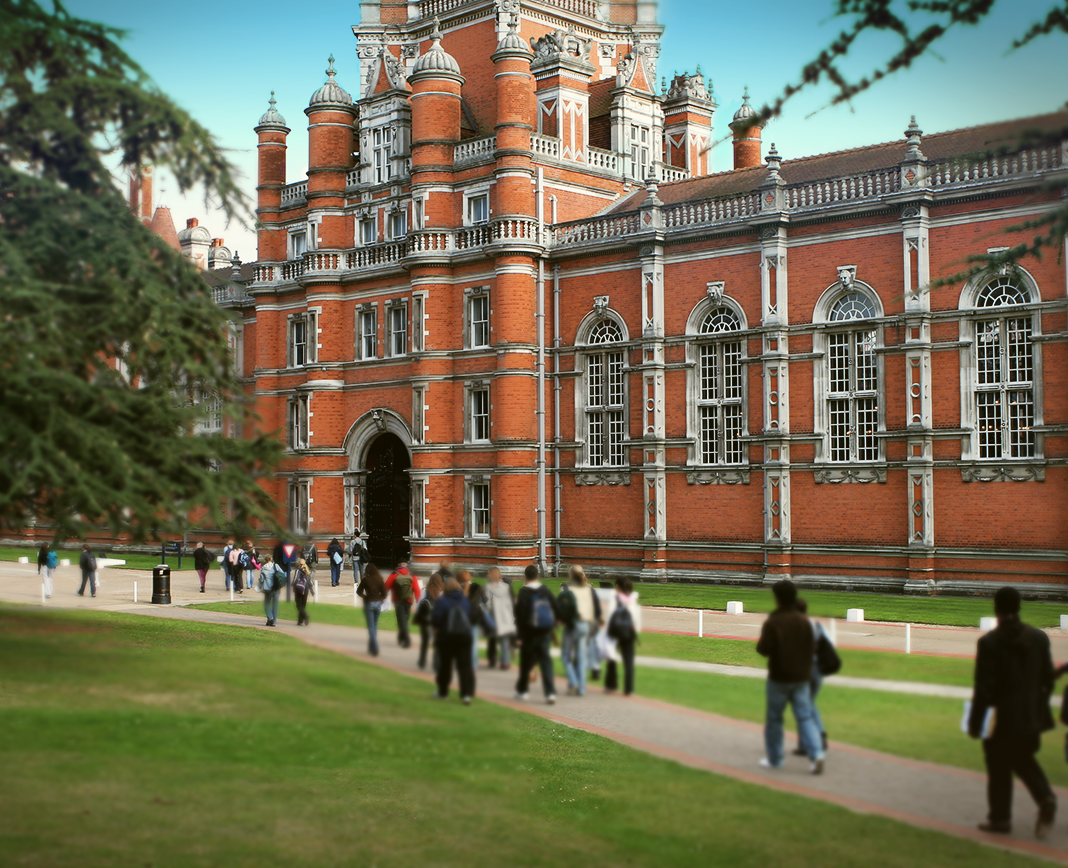
Industrial city of London
Mario LUIS DOMÍNGUEZ & Hugo PÉREZ GÓMEZ
How cities became industrial cities and transport was revolutionized
23rd of January 1854, London
My friend Tom has told me about his idea to come to London. He is thinking of living in the city because of the industrial advances which are taking place nowadays. He is currently living in Liverpool, and he has told me that he is able to come by boat or by train. Several years ago, specifically in 1807, the first commercial steamboats’ line was created. Many canals have been built through Britain in order to use boats for travelling. Clipper ships have been recently developed in order to make sea travel available for the people.
Tom explained me that he would rather use the train, as he feltsafer and he thoughtit was cheaper. I have been looking for the development of railway in our country and I have found out that it was created between 1814 and 1830, not many years ago. It is also a quite fast means of transport.
26th of January 1854, London
A few days ago I talked with Tom, and he has finally decided whether he wasusing the train or the boat to come to London. He has chosen the train! He feels more comfortable coming by train, and he has asked some friends what is their opinion about using the train instead of the boat, in order to help him to take his decision.
30th of January 1854, London
Yesterday I met Tom! He was so happy to be in London! He seemed like a child who receives a Christmas present! We talked for about an hour or so… Before going to the train station, he told me that he bought the newspaper in a nearby shop. He was interested in reading it because he had observed a titular which made he focus his attention on it. The text read: ‘How is industrialisation impacting our society’.
As soon as he sat on his place inside the coach, he started to read it. The article showed the different results that were occuring because of the recent creation of means of transport. Apart from being safer and faster, they were cheaper than former means, so trade had been highly developed, as well as people’s trips. The creation of this means had also led to the specialisation of countries’ economic status. Many industries had also been influenced by the changes, as they were the ones in charge of providing the necessary materials for the construction of new means of transport. Finally, people were able to travel longer distances (for example, if they wanted to emigrate) and food was more easily distributed. Tom did not miss any fact of the ones which appeared in the article…
We have talked about meeting this evening in order to take a walk around London and make him know the city.
The streets of London were full of people and the working atmosphere was palpable. The different sellers moved and talked as bees in their beehive among little and filthy kids running fast among the pedestrians. I found Tom buying some baked potatoes. He was greatly surprised by the high quantity of people working in the streets: lemonade, rabbit, baked potato and milk sellers or shoeshiners, firemen and policemen. Even musicians. Furthermore, little children tried to earn some money, either by sweeping chimneys or stealing. The great columns of smoke and soot from factories whirled in the clear sky, creating an iron-like grey blanket covering the city. The latter really shocked Tom, who was used to the rural and clean Liverpool.
31st of January 1854, London
We have gone to John’s house, a Tom’s friend from Liverpool who moved to London. His house was stark, grimy and barely lit. We ate on the first floor and we could see rat traps laid along the house. They slept upstairs and the bathroom was outside, shared among the whole block of houses. We left before seven, because streetlights were often broken so it was dangerous to walk through the unpaved streets without sunlight. On the way home, we saw the poorest streets of London, smelling sick and lacking running water, one of the greatest infection carriers, together with rats and fleas.
1st of February 1854, London
Today I have accompanied Tom to the train station. Unluckily, his mother come down with typhus and he has now to return to Liverpool to help her get over it.
We got into the iron-and-glass station and booked his ticket. The platform was crammed and his train arrived quite early. It suddenly stopped and, in two shakes of a lamb’s tail, a group of firemen started piling up coal in a cabin behind the conductor. Goods were transported in the post carriage and lords and ladies walked into the comfortable second-class carriage with dead calm. I said goodbye to my cousin with tears in my eyes and returned home.
